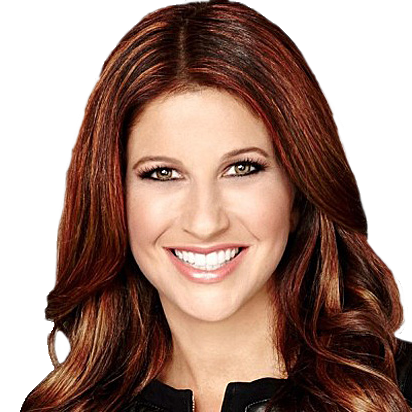
Rachel Nichols
Biography
Rachel Nichols, a native of Potomac, Maryland, attended Northwestern University where she received a Bachelor of Science degree in journalism. She got her first internship in college with USA Today followed by two summers interning at The Washington Post.
Out of college, Nichols got her start at the Fort Lauderdale Sun-Sentinel and the Washington Post. She became the second woman to cover the Washington Capitals for the Post and explains it was there where she learned how to distinguish herself as a young, female reporter.
Following her time at the newspapers, Nichols spent nine years at ESPN. She worked as a correspondent for SportsCenter, NFL Countdown, NBA Countdown and E:60.
Nichols has covered multiple Super Bowls, Final Fours, Olympics, NBA Finals, World Series, etc. The journalist has interviewed many notable athletes but says interviewing LeBron James over the years stands out the most, because she first sat down with him when he was still in high school and have interviewed him nearly every year since then.
Interviewed by Marissa Morris
I don't remember ever wanting to be anything else, becoming a sports journalist was always my dream.
I played soccer for number of years as a kid and was fairly good at ice skating, like doing tricks.
But the truth is I was always even more captivated by watching sports than playing them. I loved the storytelling of it – for me it was like watching a movie, but it was happening live in front of you, with heroes and villains, challenges to be overcome and a beginning-middle-and-end.
It probably didn't hurt that I grew up in the Washington, DC, area at a time when the football team was winning multiple Super Bowls. The whole city was obsessed with every moment of every game of every season and the idea of following teams like that – and maybe even getting paid for it one day – seemed very exciting.
I read the Washington Post religiously growing up, so that whole sports section felt like the coolest clubhouse imaginable to me, and anyone who worked there was a role model.
In particular, I can't say enough good things about Christine Brennan, both as a role model from afar and then, later, a mentor. She was the first woman to ever hold the paper's NFL beat, she was the most respected voice in Olympic coverage – and she is also just a terrific person.
There were so many more role models, though – from Mike Wilbon to Tony Kornheiser to Tom Boswell and a host of others.
I first got started writing for the sports page of my junior high newspaper. Same for my high school newspaper, and my first big internship was before my freshman year of college, at USA Today's sports section.
Earlier in my career, I worked as a reporter for the Fort Lauderdale Sun-Sentinel and the Washington Post.
From what people have told me, I was one of the first women to hold the Washington Capitals beat for the Post. And regardless, I'd want to make very clear that it wasn't nearly the landmark achievement that Christine Brennan's NFL beat breakthrough was, just because hockey was not as central a beat to the paper.
But bottom line, I was young, and female, and there were a number of people within and around the organization who had never had a woman regularly assigned to and traveling with the club, and they made it crystal clear to me they would prefer me not be there.
When you're trying to distinguish yourself as a young journalist and prove to your bosses and the newspaper's readers that you deserve a big opportunity, it's tough to also have some people on the team going out of their way to make it harder for you.
All that being said – by the end of my first year on that beat, things had swung 180 degrees. Even those who had been most openly hostile toward me were acknowledging how hard I worked, how prepared I was and how much I knew.
I distinctly remember in my third year on that beat, a player who had just been traded to the Capitals made some sort of casual but blatantly sexist comment to me, and the three closest other players to his locker all immediately wheeled around and made it extremely clear that "we don't act that way around Rachel." Of course, you'd like that to be the standard regardless. But in this instance it felt like a real win.
There are so many moments throughout my career that have stood out. I've been at multiple Super Bowls, Final Fours, Olympics, NBA Finals, World Series, etc.
When the stakes are that high, you get such a rush being present for all the drama there. Other events are meaningful because of their time and place – I was at Yankee Stadium covering the team's playoff run in the weeks after the Sept 11 terrorist attacks, and I worked the Boston Red Sox playoff run after the Marathon Bombings, and both are assignments I'll never forget.
As for interviews, I've been so fortunate to talk to so many big athletes in big moments – I think interviewing LeBron James over the years has been fascinating, because I first sat down with him when he was still in high school and have interviewed him nearly every year since then.
Getting to check in with someone and see how they are changing and developing as a person as they age between 17 and 30 would be pretty interesting no matter who it was, and that is only multiplied when the person is one of the most gifted athletes on the planet.
My main advice for young journalists is practical: intern, intern, intern. It will make THE difference in what kind of job you can get out of school, what connections you have in the field and will also just help you try out different jobs and cities and determine what you really want to do with your life.
My second advice is for anyone, but particularly for young women is that "No" is a complete sentence. Try to say 'yes' to whatever you can – it's good to experience things in life!
But when the answer is really 'no,' and you can't or don't want to do something, have confidence in how you feel. You don't need to explain to everyone else why, and hope your reasoning is good enough for them and seems justified. Just answer and move on.
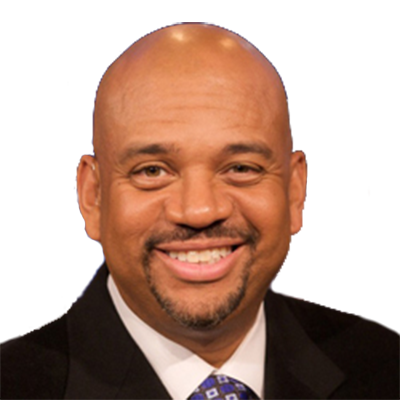 Michael Wilbon
Michael Wilbon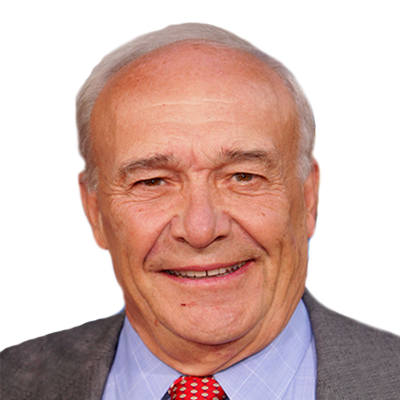 Bill Nack
Bill Nack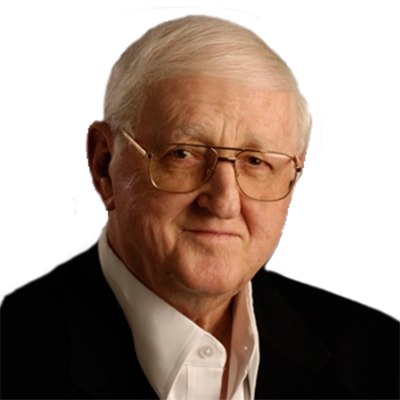 Dan Jenkins
Dan Jenkins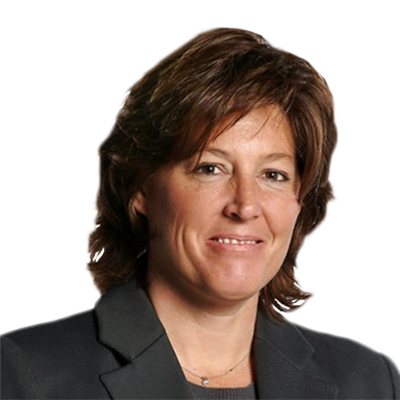 Sally Jenkins
Sally Jenkins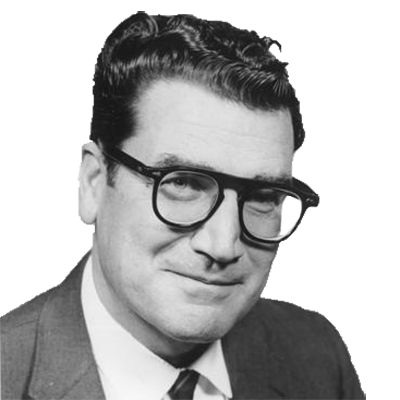 Jim Murray
Jim Murray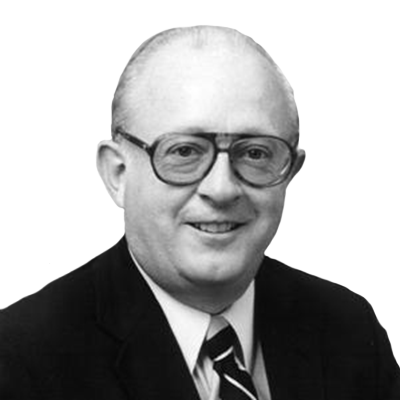 Dave Anderson
Dave Anderson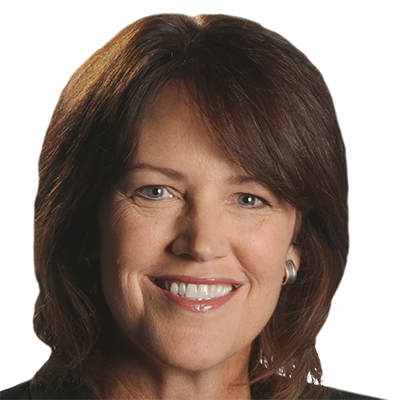 Christine Brennan
Christine Brennan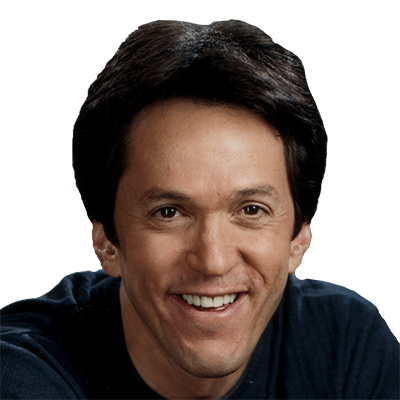 Mitch Albom
Mitch Albom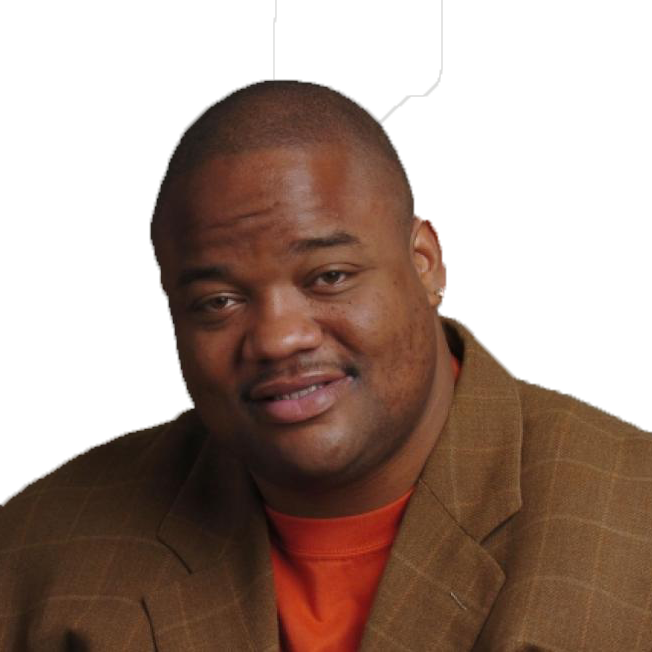 Jason Whitlock
Jason Whitlock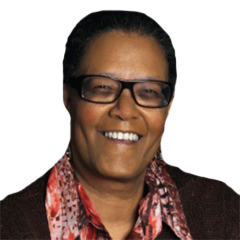 Claire Smith
Claire Smith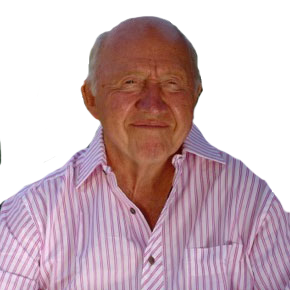 Bud Collins
Bud Collins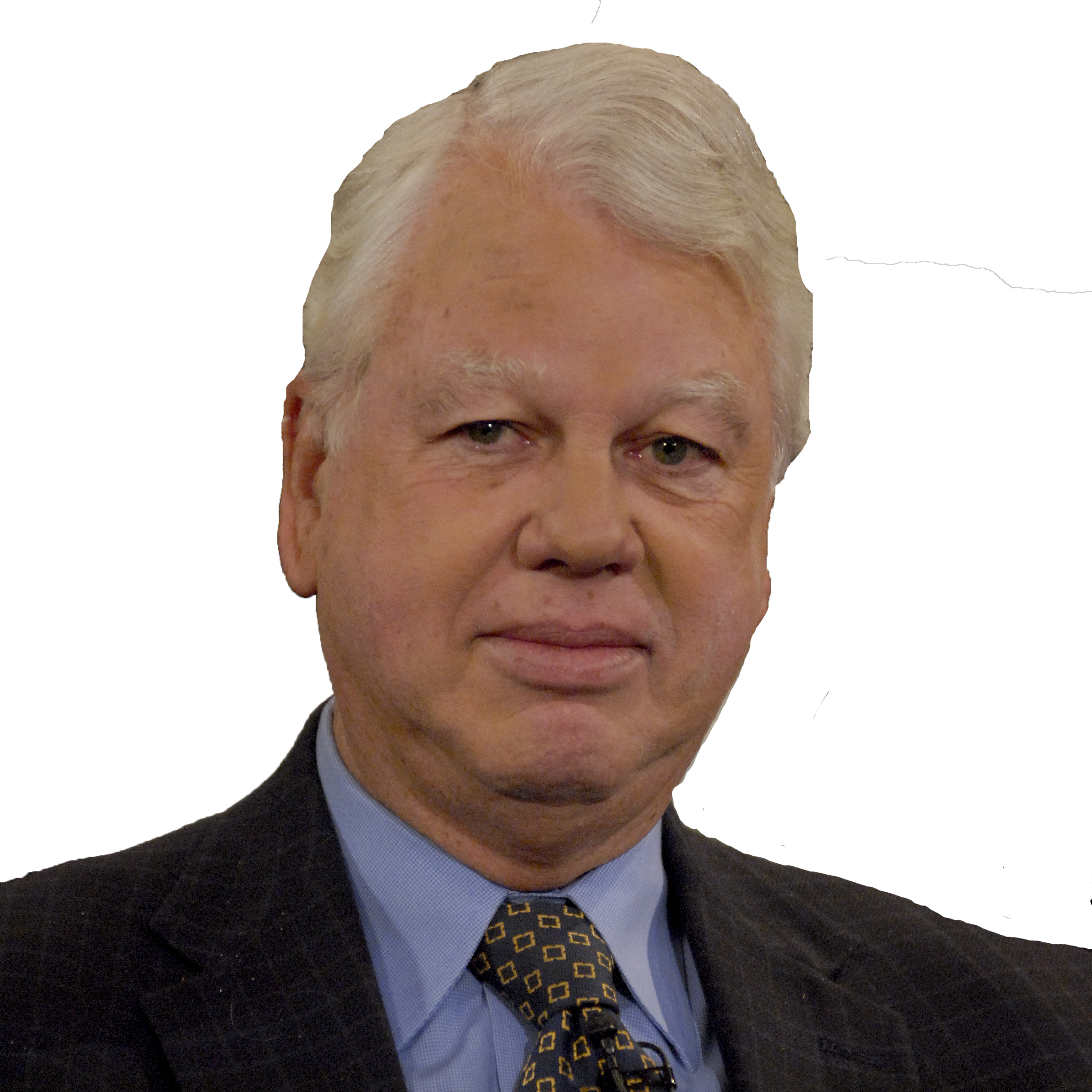 Bob Ryan
Bob Ryan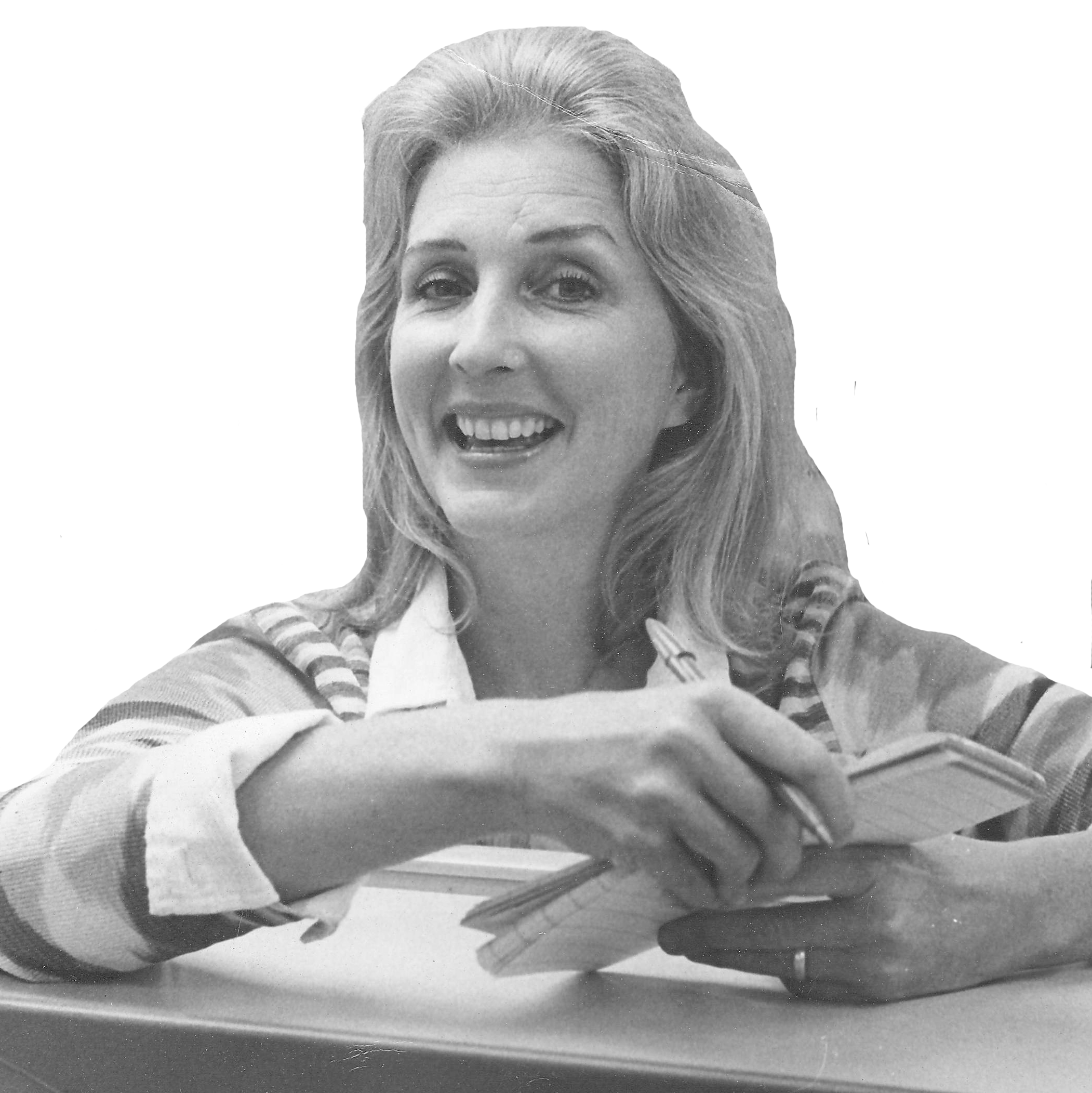 Joan Ryan
Joan Ryan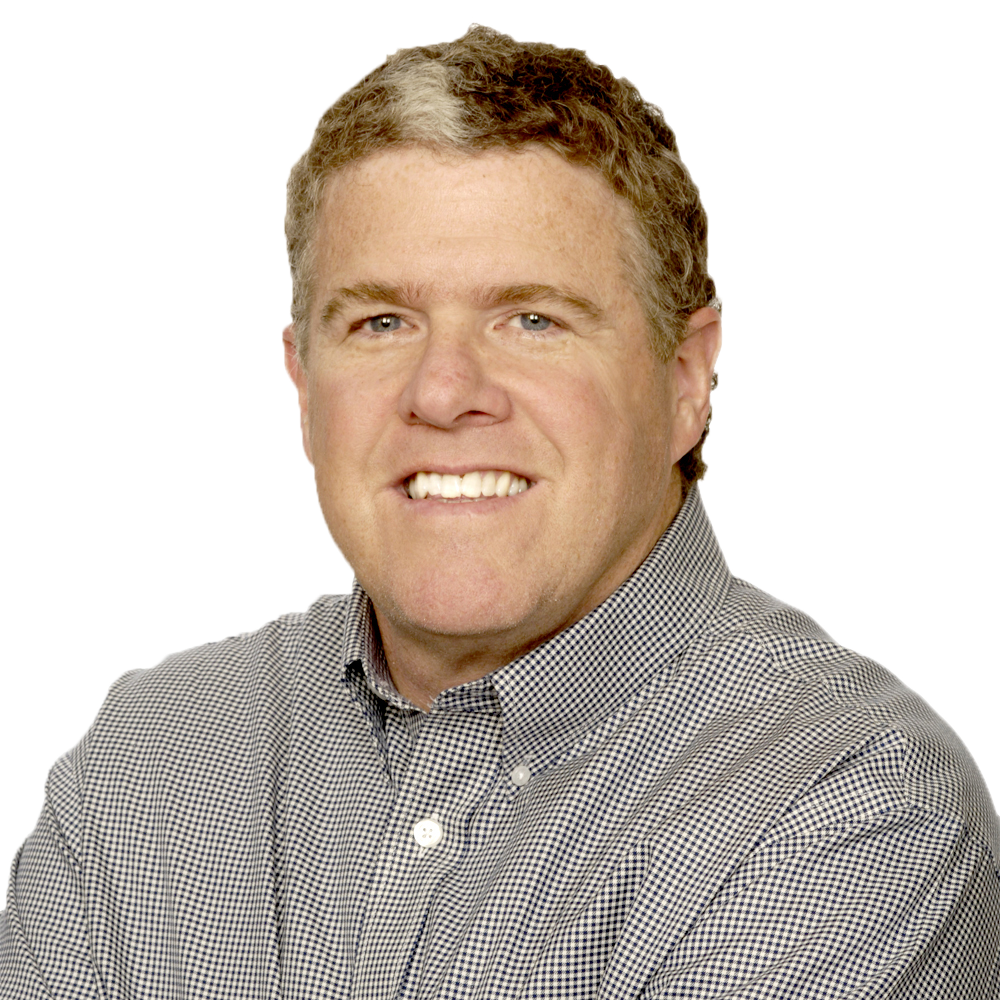 Peter King
Peter King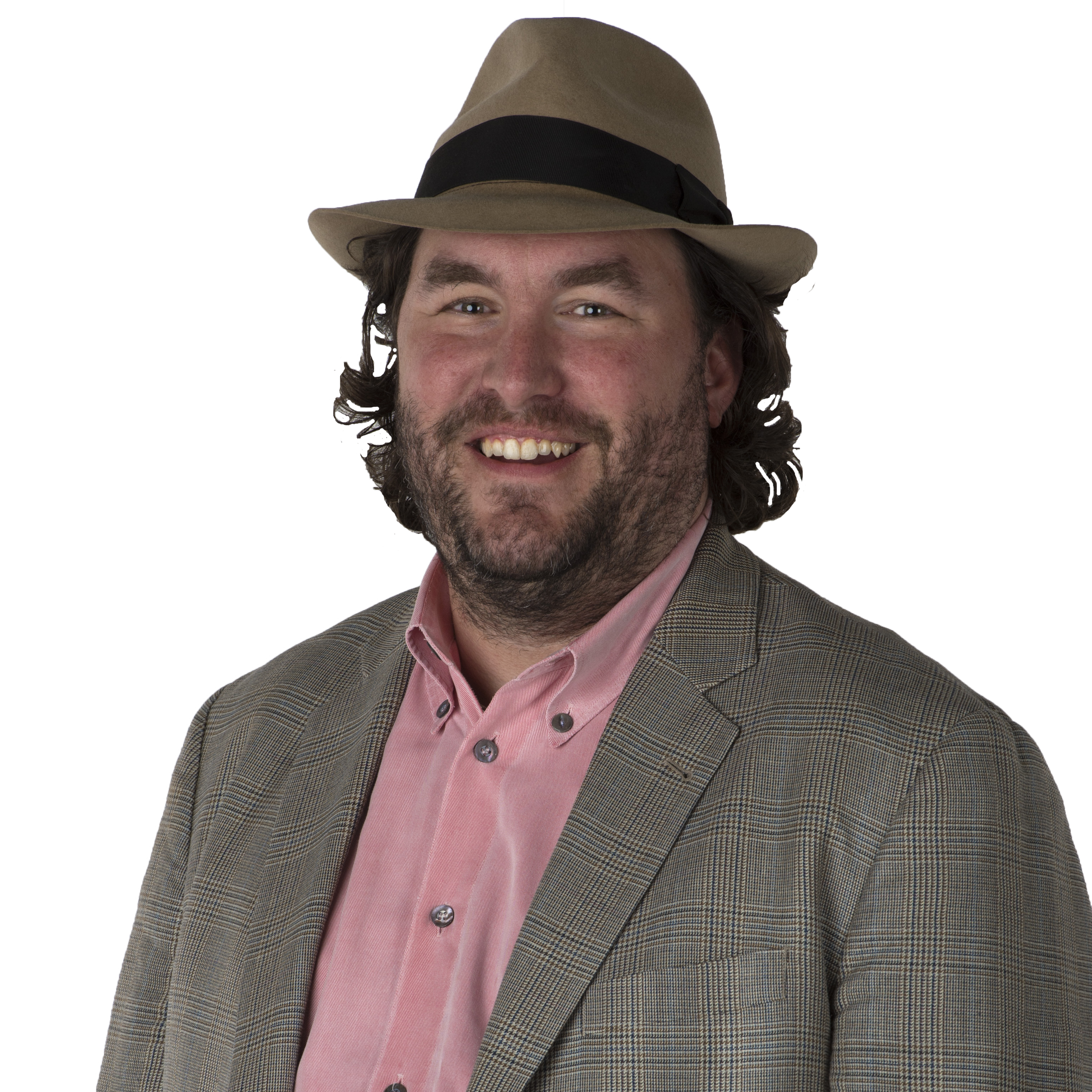 Wright Thompson
Wright Thompson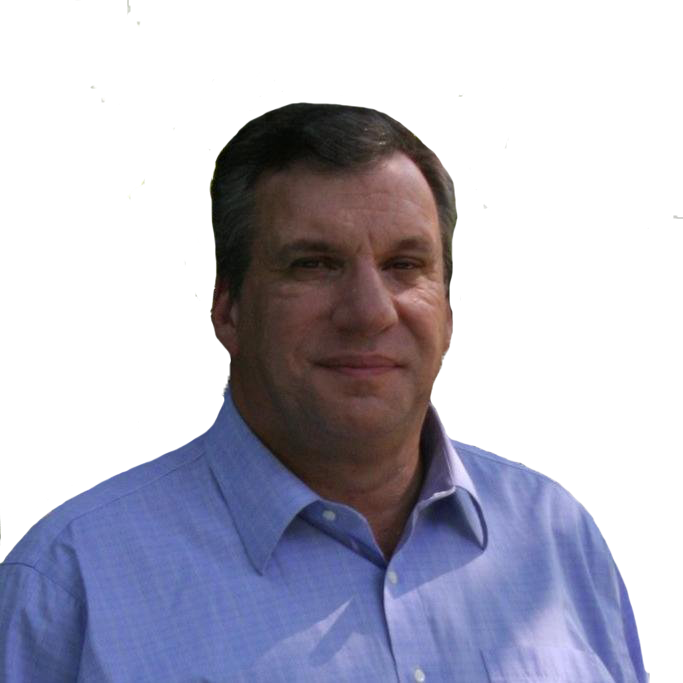 John Feinstein
John Feinstein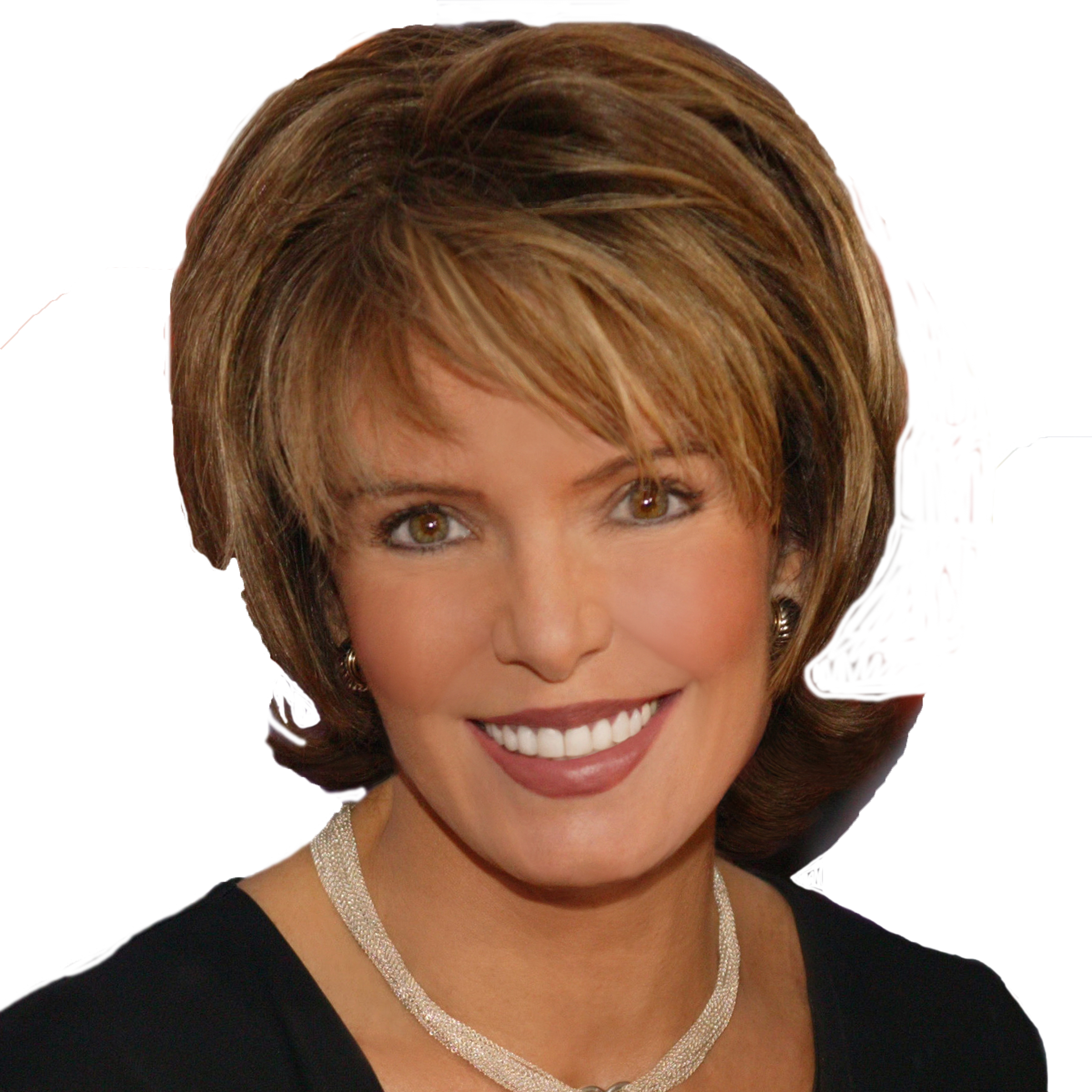 Lesley Visser
Lesley Visser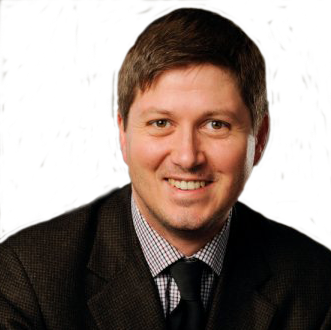 Will Leitch
Will Leitch Tim Kurkjian
Tim Kurkjian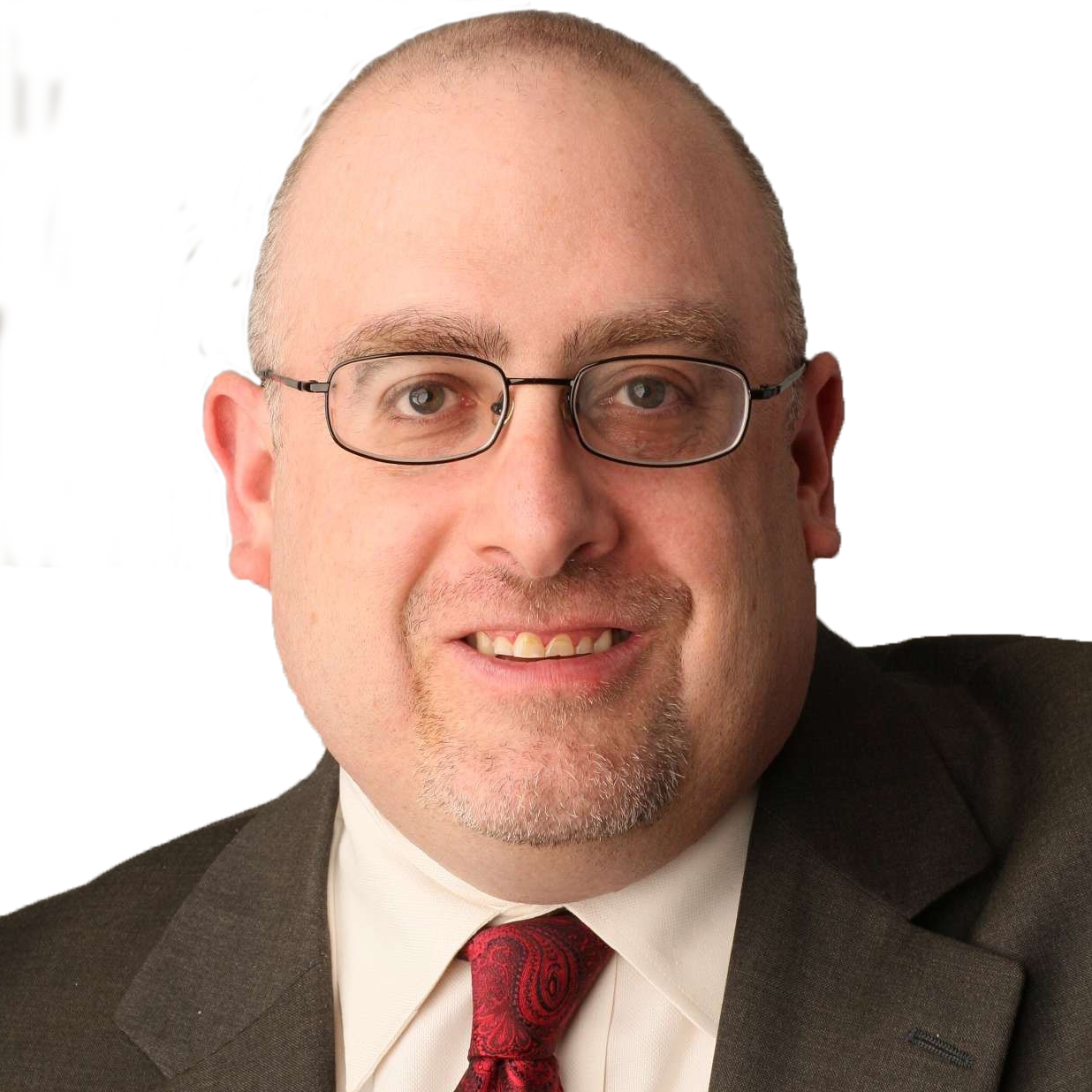 Joe Posnanski
Joe Posnanski
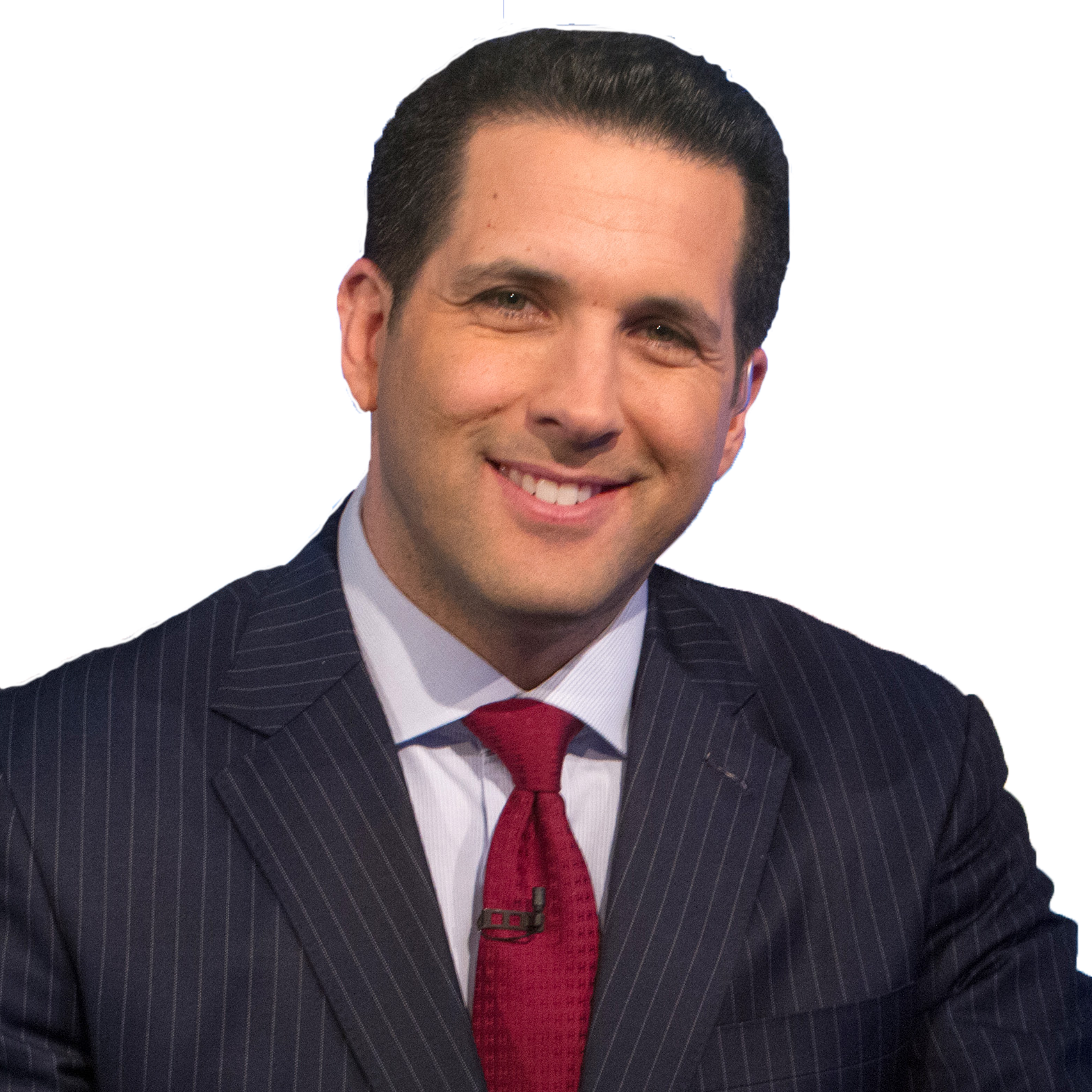 Adam Schefter
Adam Schefter
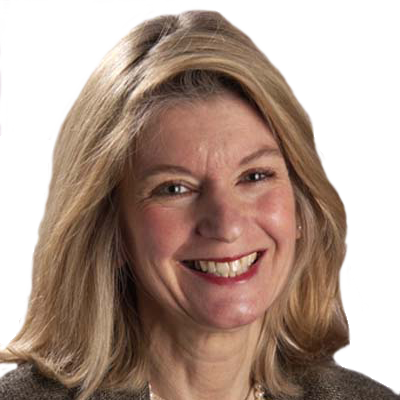 Terry Taylor
Terry Taylor
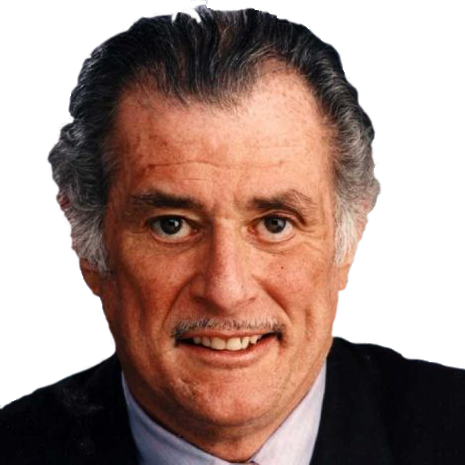 Frank Deford
Frank Deford
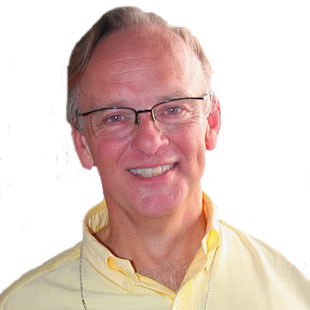 Tom Boswell
Tom Boswell
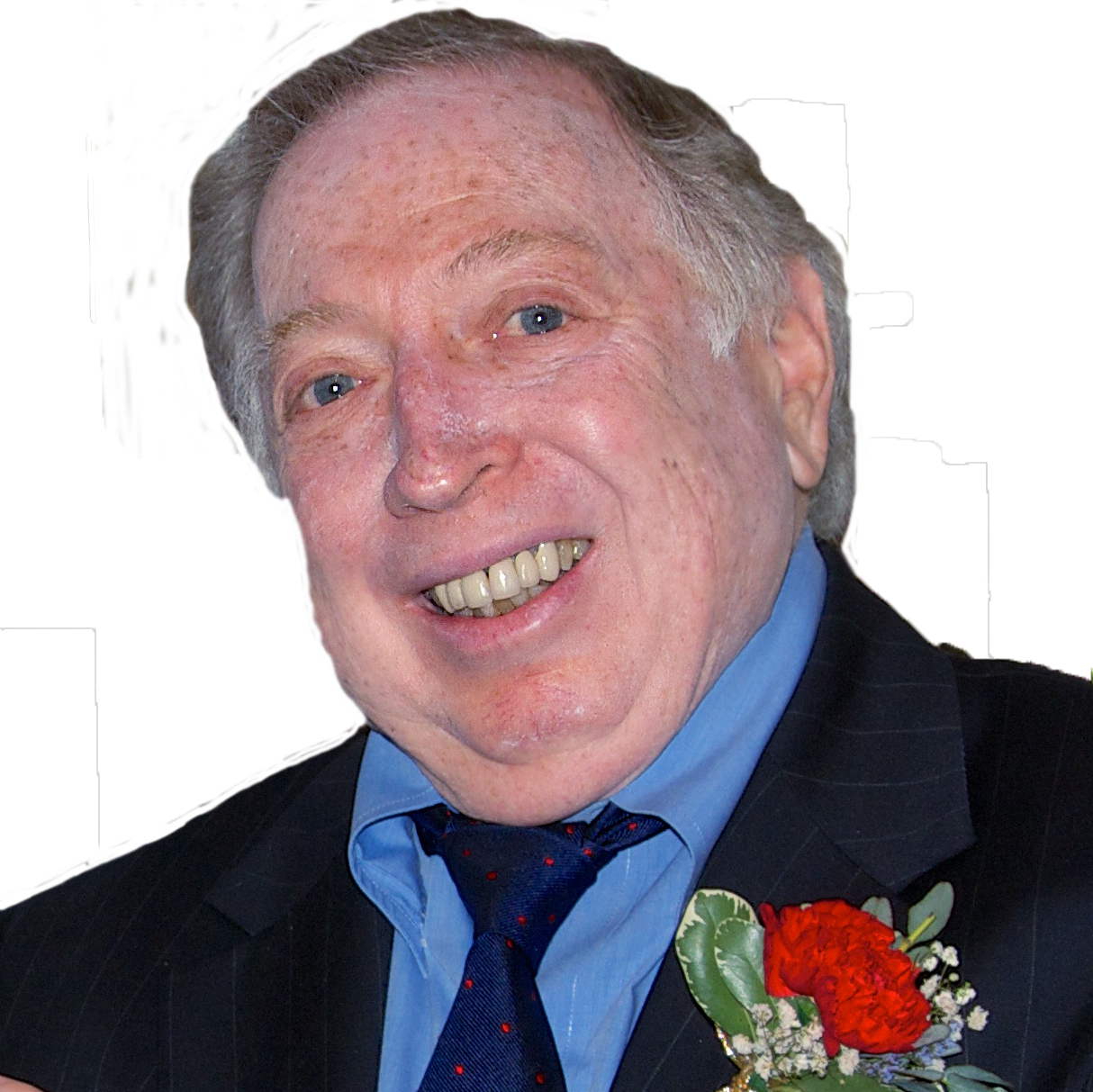 Neil Leifer
Neil Leifer
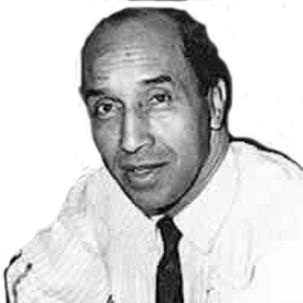 Sam Lacy
Sam Lacy
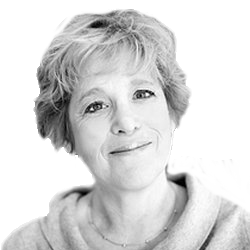 Jane Leavy
Jane Leavy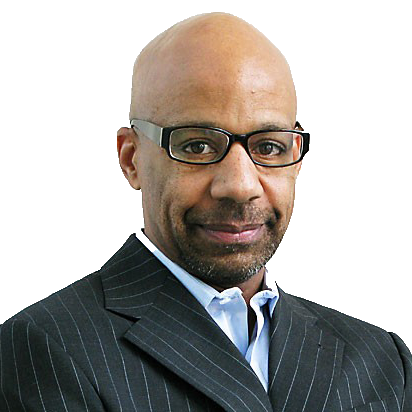 Kevin Blackistone
Kevin Blackistone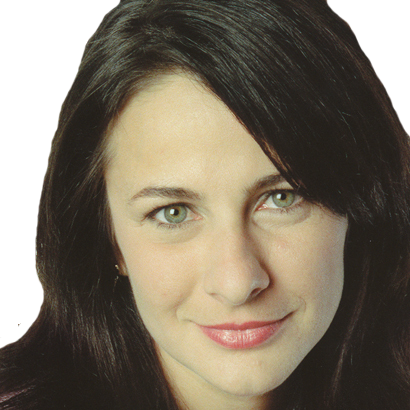 Juliet Macur
Juliet Macur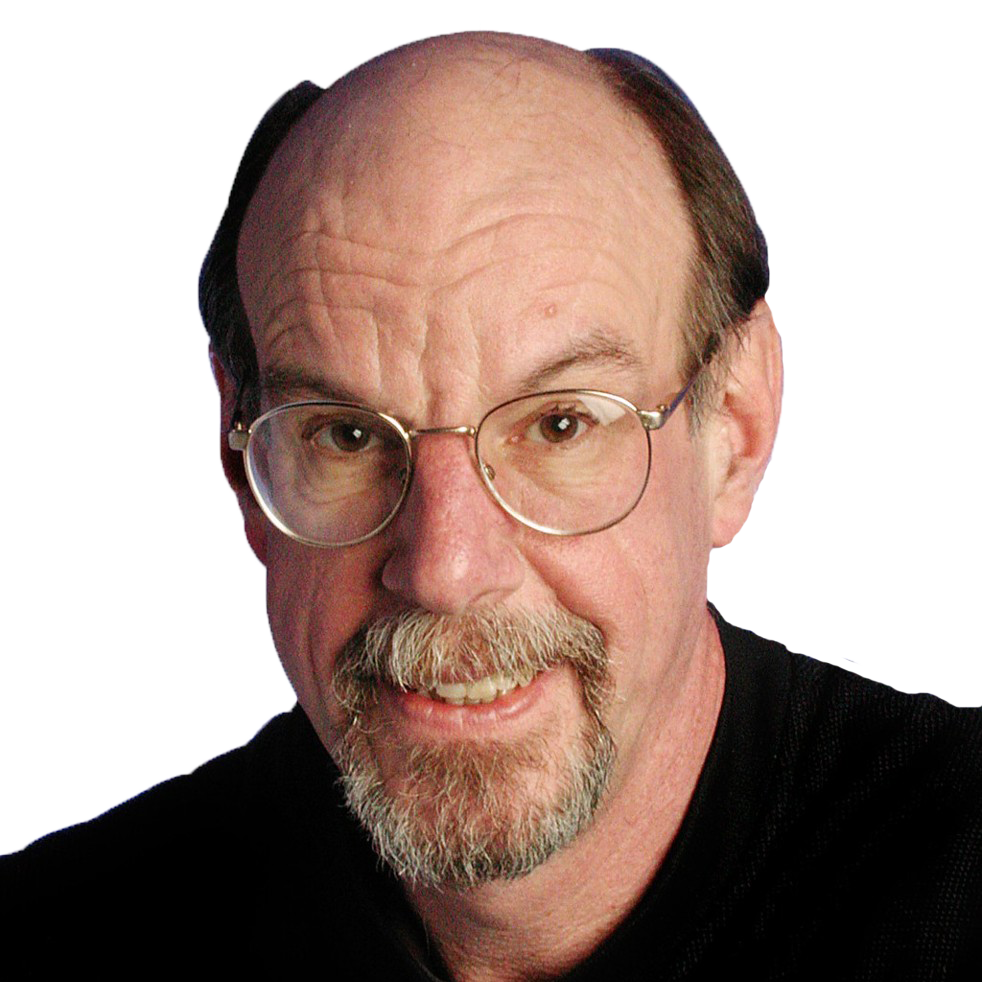 Andrew Beyer
Andrew Beyer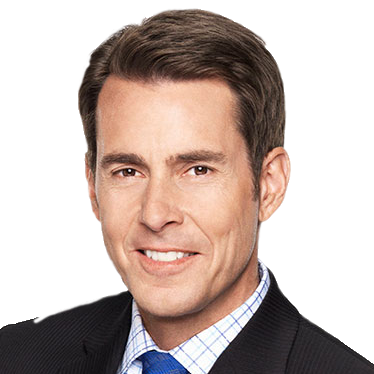 Tom Verducci
Tom Verducci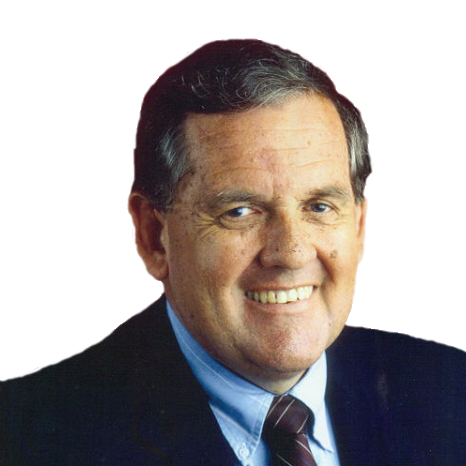 Hubert Mizell
Hubert Mizell Rachel Nichols
Rachel Nichols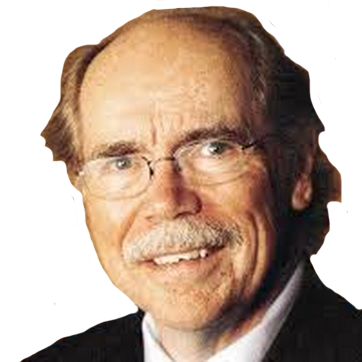 Dave Kindred
Dave Kindred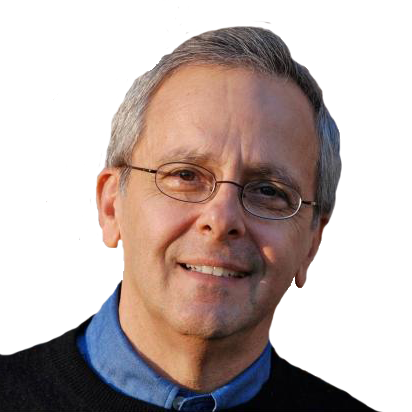 Mike Lupica
Mike Lupica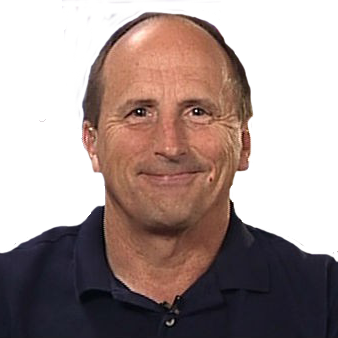 Richard Justice
Richard Justice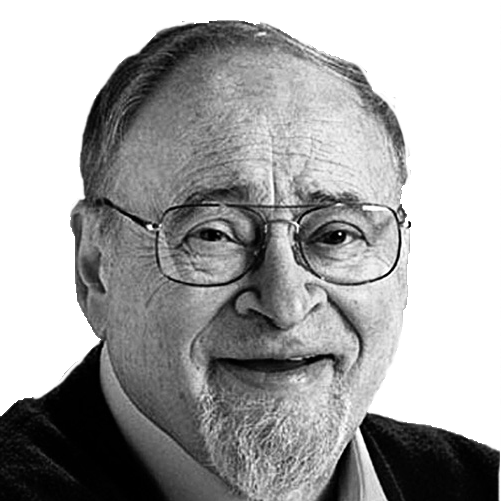 Jerry Izenberg
Jerry Izenberg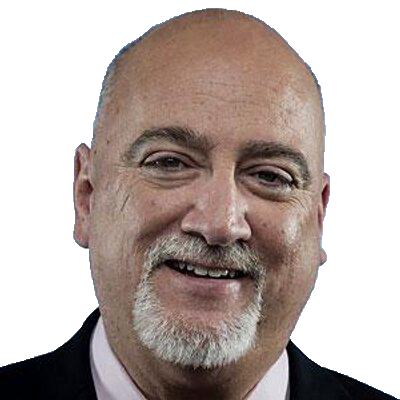 Bill Plaschke
Bill Plaschke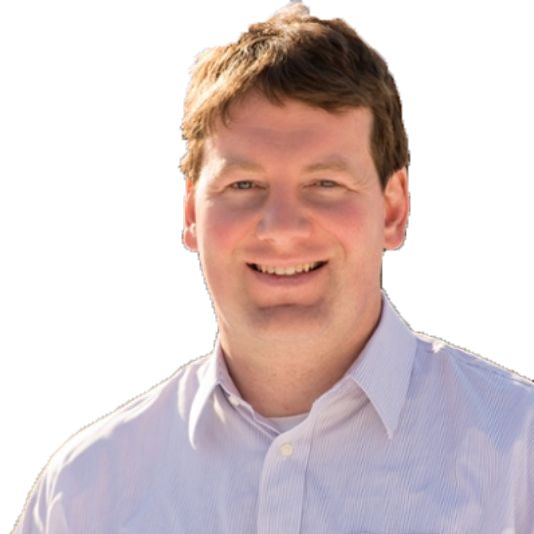 Kevin Van Valkenburg
Kevin Van Valkenburg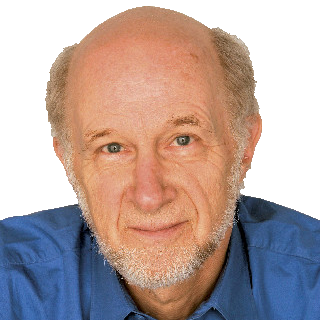 George Vecsey
George Vecsey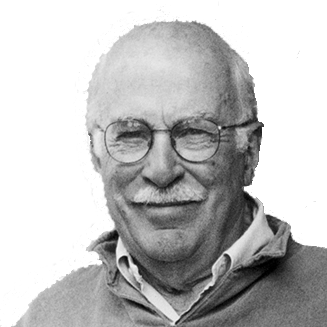 Roger Angell
Roger Angell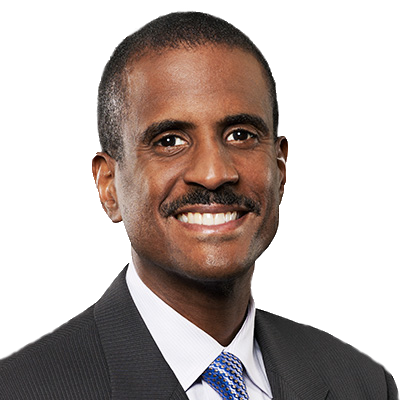 David Aldridge
David Aldridge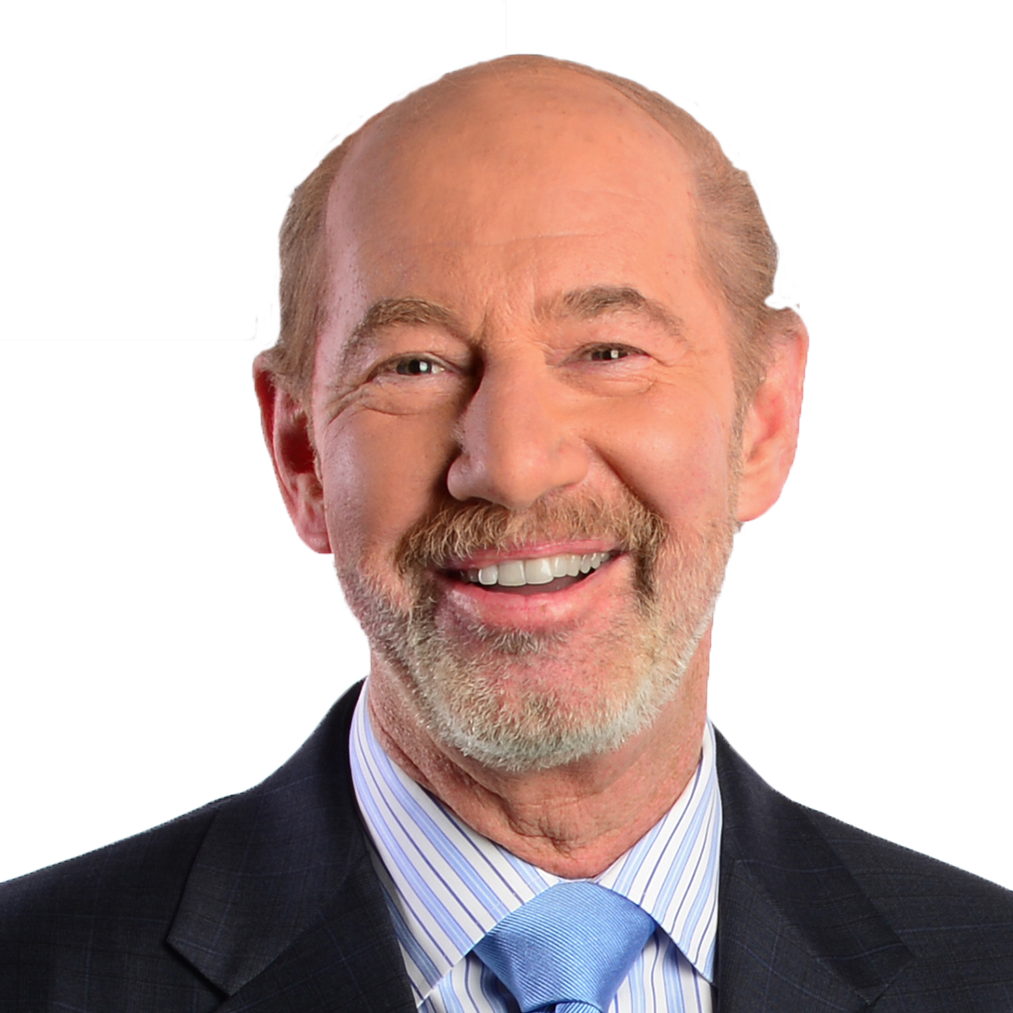 Tony Kornheiser
Tony Kornheiser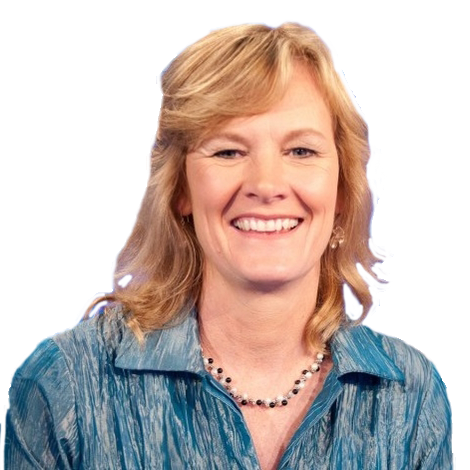 Jackie MacMullan
Jackie MacMullan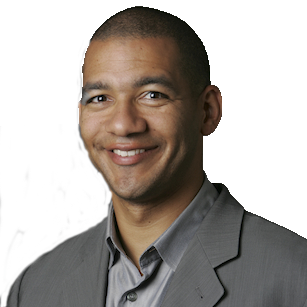 J.A. Adande
J.A. Adande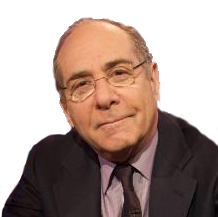 Robert Lipsyte
Robert Lipsyte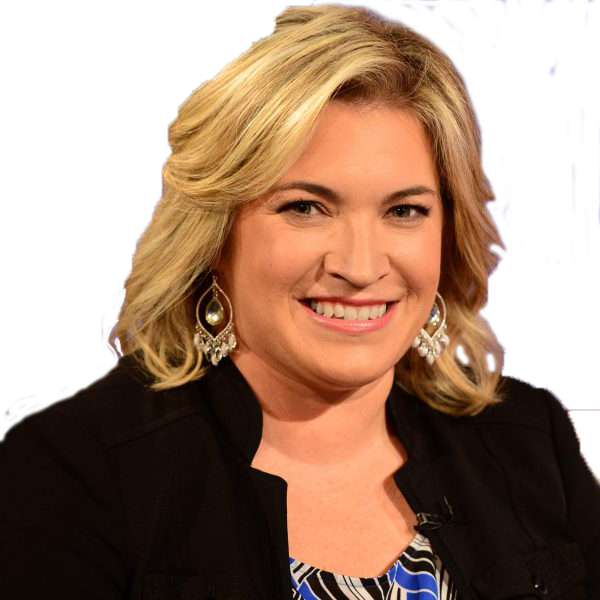 Ramona Shelburne
Ramona Shelburne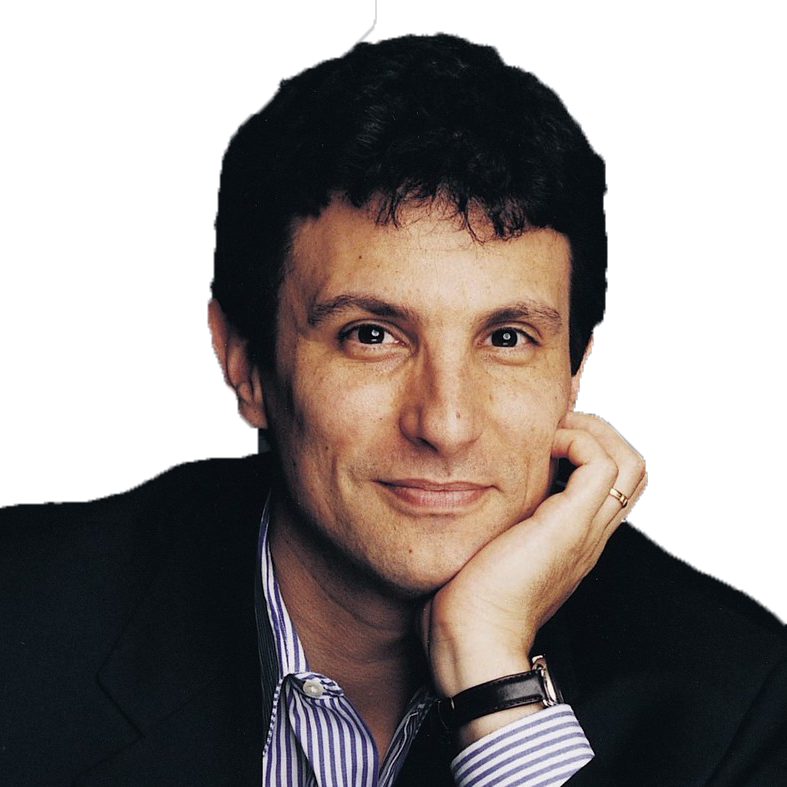 David Remnick
David Remnick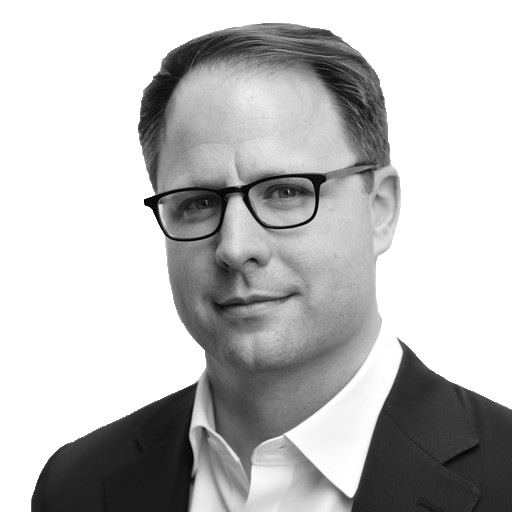 Bryan Curtis
Bryan Curtis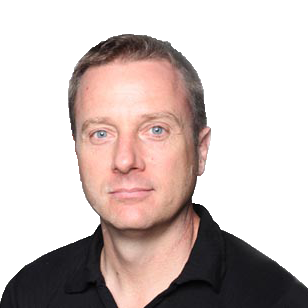 Chuck Culpepper
Chuck Culpepper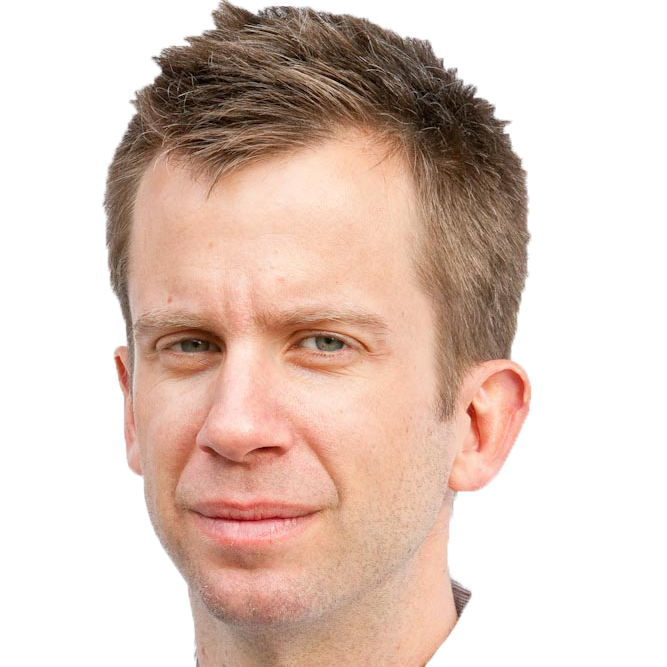 Jason Gay
Jason Gay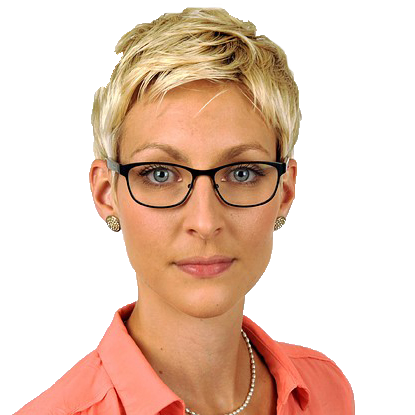 Heidi Blake
Heidi Blake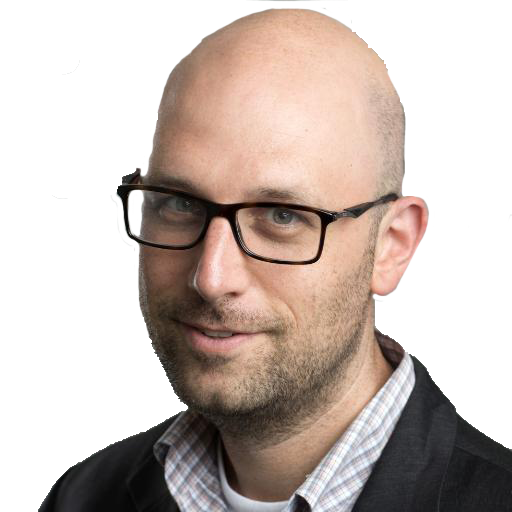 Dan Steinberg
Dan Steinberg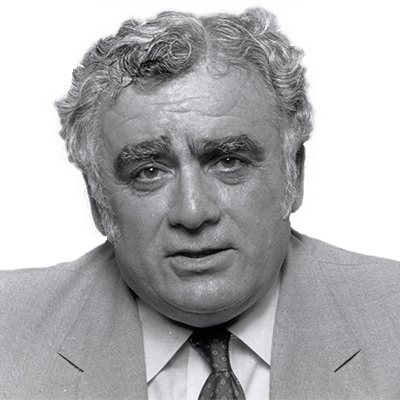 Jerome Holtzman
Jerome Holtzman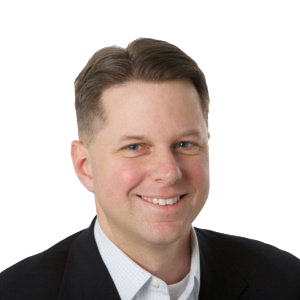 Barry Svrluga
Barry Svrluga
